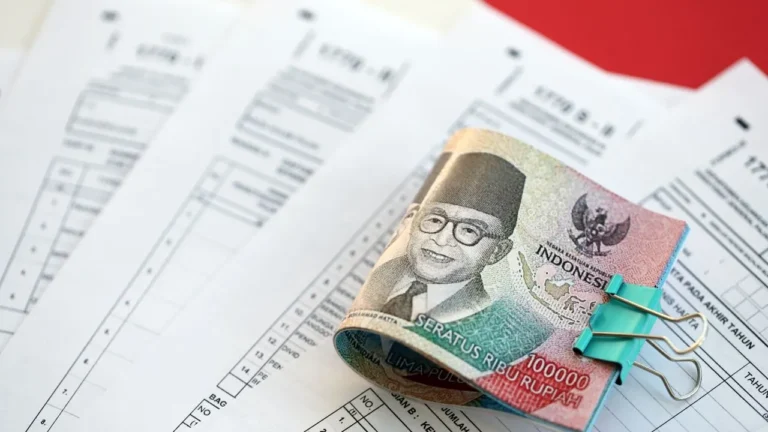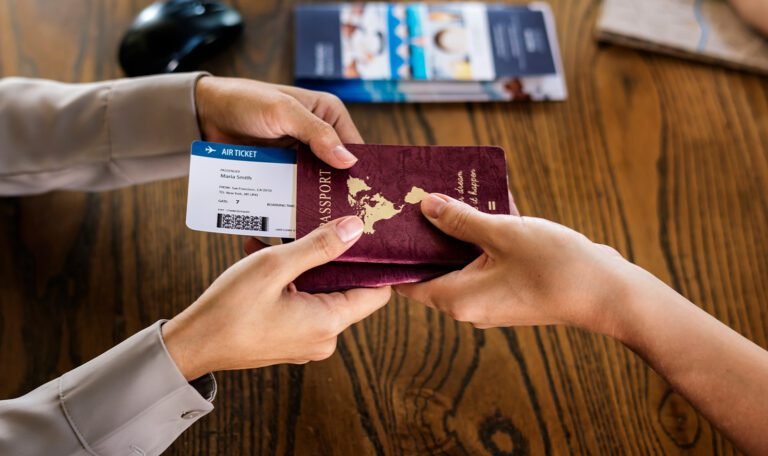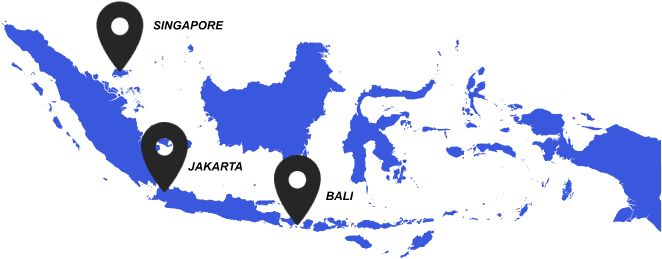Table of Contents
ToggleIn an era of global interconnectedness, Indonesia emerges as a key player in the realm of cross-border transactions. This archipelagic nation, with its diverse culture and economic dynamism, offers a plethora of opportunities for international businesses.
However, to harness the potential of this thriving market, companies must delve deeper into the intricacies of cross-border payments with Indonesia. This comprehensive guide explores the five pivotal considerations, providing an in-depth roadmap for navigating the complexities and ensuring success amid new regulations.
What is Cross-Border Transactions?

Cross-border practices are the entry of imported goods from abroad without passing through the customs administration inspection process. Imported goods without this inspection are usually sold through e-commerce and shipped directly to the buyer.
Indonesia’s regulatory landscape is multifaceted, encompassing a wide array of industry-specific regulations, trade policies, and foreign investment laws. To embark on a successful cross-border journey, companies must meticulously research and understand the regulatory intricacies relevant to their sector.
Seeking guidance from local legal experts becomes imperative to navigate compliance requirements effectively. Engaging in thorough due diligence will not only ensure adherence to Indonesian laws but also mitigate legal risks, fostering an environment conducive to sustained growth.
Furthermore, understanding Indonesia’s approach to foreign investment is crucial. The country has implemented various regulations to attract foreign capital while safeguarding its national interests.
Navigating through the Investment Coordinating Board (BKPM) and comprehending the Negative Investment List, which outlines sectors with restricted foreign investment, is vital. Staying abreast of regulatory changes and maintaining a flexible strategy will empower businesses to adapt to evolving compliance landscapes.
Cultural Sensitivity and Business Etiquette in Indonesia
Indonesia’s rich cultural tapestry plays a pivotal role in shaping business interactions. Establishing and nurturing relationships with Indonesian counterparts requires a keen understanding of cultural nuances and business etiquette.
Unlike many Western cultures, interpersonal relationships hold significant value in Indonesian business practices. Taking the time to build trust and rapport through face-to-face meetings can greatly enhance the success of cross-border ventures.
Businesses should invest in cross-cultural training programs for their teams, fostering cultural sensitivity and effective communication. Recognizing the hierarchical nature of Indonesian society and adhering to formalities in both written and verbal communication is crucial. Demonstrating respect for local customs and traditions not only facilitates smoother interactions but also contributes to the development of long-lasting partnerships.
Also Read: New Import Policy for Hand-Carry Goods in Indonesia in 2024
Currency Exchange and Financial Considerations in Indonesia
The Indonesian Rupiah (IDR) serves as the official currency, and its exchange rates can significantly impact the financial aspects of cross-border transactions. Businesses engaged in international trade must closely monitor currency trends, assessing potential exposure to currency risk. Implementing risk mitigation strategies, such as hedging, provides a safeguard against volatile exchange rates.
Collaborating with local financial institutions is essential for secure and efficient fund transfers. Ensuring compliance with Indonesia’s financial regulations and exploring avenues for cost-effective currency exchange solutions can contribute to financial stability in cross-border dealings. Transparent communication with financial partners and a proactive approach to currency risk management will fortify the financial foundation of cross-border engagements.
Customs and Import/Export Regulations in Indonesia

Efficient navigation of customs and import-export Indonesia regulations is critical for ensuring the seamless flow of goods in cross-border transactions. Businesses must comply with Indonesia’s specific rules, which include tariff structures, documentation, and the broader Indonesia trade policy framework. Understanding these elements prevents delays and ensures compliance.
Partnering with experienced customs brokers or logistics providers can streamline processes, reducing bottlenecks at borders. Understanding Indonesia’s customs procedures, including its electronic customs system, helps optimize supply chains. Pre-shipment inspections and proper permits further support efficient import-export Indonesia operations.
Also read: How to Register Trademark in Indonesia (2024 Guide)
Tax Optimization in Cross-Border Transactions in Indonesia
Optimizing tax considerations is a crucial aspect of cross-border transactions. Indonesia, like any other country, has its tax regulations, and businesses must navigate these complexities to ensure compliance while maximizing efficiency. ILA Consulting, with its expertise in investment and legal advisory, plays a pivotal role in guiding businesses through the intricacies of tax optimization in cross-border ventures.
ILA Consulting’s tax experts delve into the specifics of Indonesia’s tax laws, providing tailored strategies to minimize tax liabilities legally. This includes exploring tax incentives available for certain industries and structuring transactions in a tax-efficient manner. The goal is to strike a balance between compliance and efficiency, ensuring that businesses meet their tax obligations while optimizing their overall financial position.
The complexities of international tax law require a nuanced understanding, and ILA Consulting brings its wealth of experience to the table. By partnering with ILA, businesses can navigate the intricate landscape of cross-border taxation, mitigating risks and leveraging opportunities for tax optimization in the Indonesian market.
Intellectual Property Protection in Indonesia
As businesses engage in cross-border transactions, safeguarding intellectual property (IP) becomes paramount. Indonesia has made significant strides in enhancing IP protection, yet proactive measures are essential for comprehensive coverage. Conducting thorough due diligence on existing IP rights, registering trademarks locally, and formulating robust contractual agreements with local partners contribute to a robust IP protection strategy.
Indonesia’s legal framework provides avenues for the protection of trademarks, patents, and copyrights. Businesses should leverage these mechanisms to secure their intellectual assets effectively. Crafting contracts that clearly delineate IP ownership and usage rights, coupled with periodic IP audits, fortifies a company’s position against potential infringements and legal challenges.
How ILA Global Consulting Can Assist You in This Journey
Embarking on cross-border transactions with Indonesia requires a strategic partner who can navigate the intricacies and ensure a smooth journey. ILA Global Consulting, a leading firm in investment and legal advisory, stands ready to be your guide.
- Tailored Legal Guidance: ILA Consulting’s legal experts specialize in Indonesian regulations, offering precise guidance to ensure compliance and mitigate legal risks effectively.
- Strategic Financial Advice: Our financial analysts monitor currency trends, providing real-time insights and strategies to mitigate financial risks associated with cross-border transactions.
- Cultural Sensitivity Training: Cultural advisors at ILA Consulting provide cross-cultural training programs, fostering awareness and understanding to navigate the intricacies of Indonesian business practices.
- Comprehensive Customs Expertise: ILA Consulting’s logistics and customs experts streamline the movement of goods, ensuring compliance with Indonesia’s import/export regulations.
- Intellectual Property Protection: Our legal team formulates robust IP protection strategies, guiding clients through the intricacies of Indonesia’s legal framework to safeguard their intellectual assets.
- Tax Optimization: ILA Consulting’s tax experts provide tailored strategies to navigate Indonesia’s tax regulations, maximizing efficiency while ensuring compliance.
ILA Consulting understands that successful cross-border transactions require a multidisciplinary approach. Our integrated services ensure that your organization not only navigates the complexities of the Indonesian market. It also thrives in this dynamic business landscape. Partner with ILA Consulting, and let us be your strategic guide to success in cross-border ventures with Indonesia.























